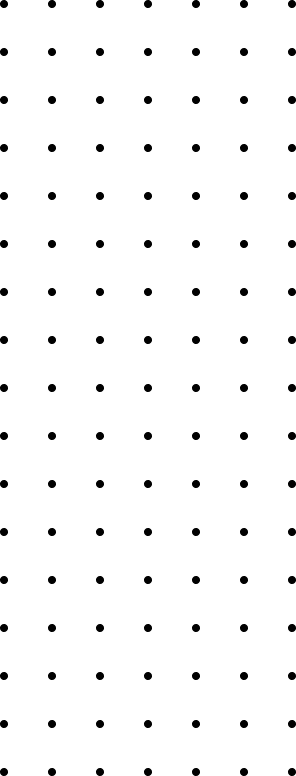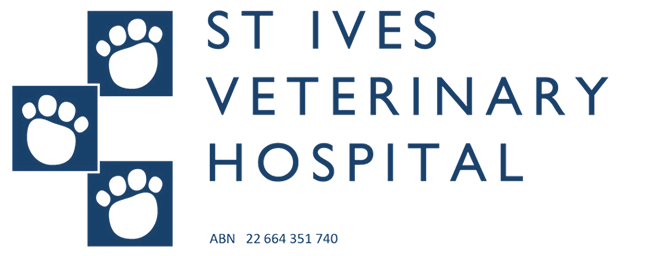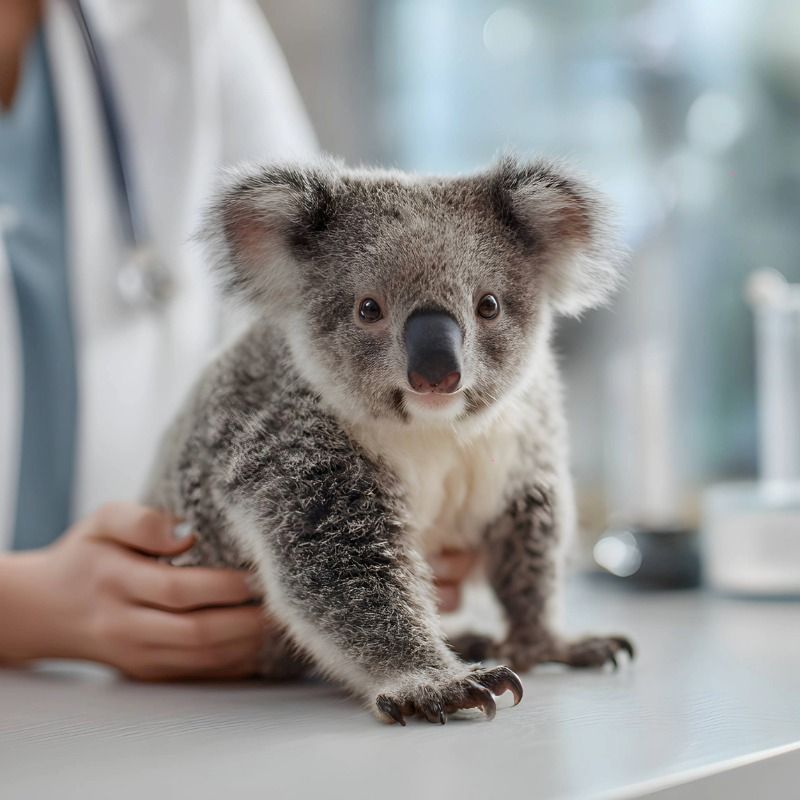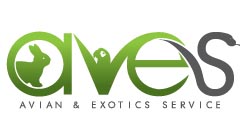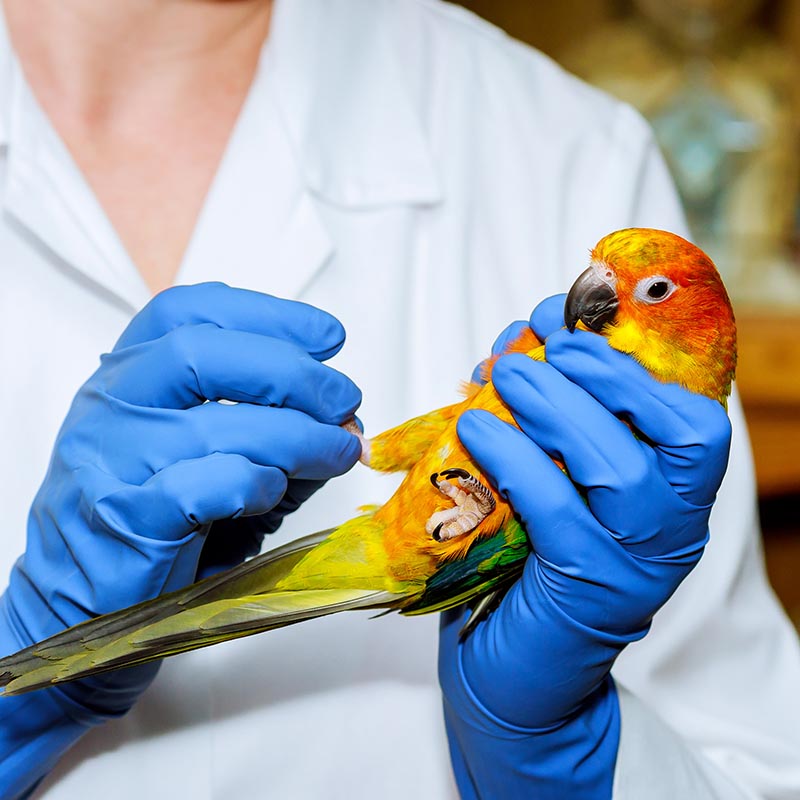Wildlife Care

Caring for our wildlife
We see a huge range of native wildlife including ringtail and brushtail possums, wallabies, bandicoots, koalas, blue tongue lizards, kookaburras, owls and lorikeets.
These animals are often unwell or injured due to habitat destruction and predators such as feral cats.
We take our duty of care to wildlife seriously and all of our treatment for injured wildlife is carried out at no charge.
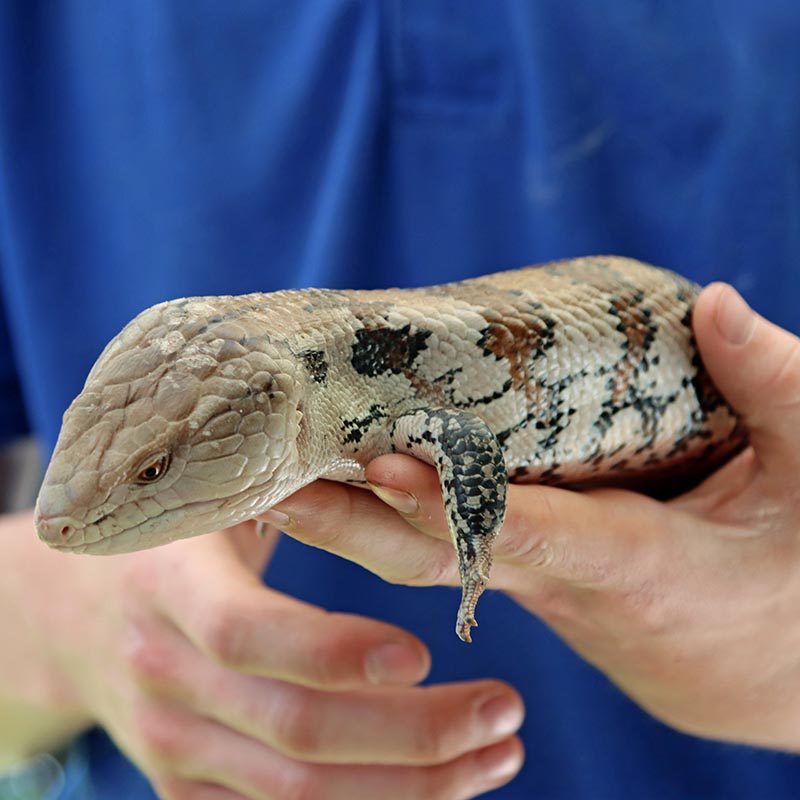
What should I do if I find injured or sick native wildlife?
While we will always accept wildlife, sometimes for members of the public the best thing to do isn’t always clear. In some cases, such as juvenile birds, the expert advice from WIRES is:
“During the breeding season, many young birds may be seen on the ground; this is normal behaviour as they develop flight skills under parental care. If you find a well-feathered young bird behaving normally, monitor from a distance to see if parents are present. If safe, leave it be; if in danger, move it nearby and observe for parental return, exercising patience for a few hours before intervening.”
If you find an obviously injured or sick wild animal, we encourage you to bring it straight to our clinic (if it is safe for you to do so). We can then assess it and if possible, provide treatment and arrange a carer and safe release with WIRES or Sydney Wildlife.
If you are unsure what to do about wildlife you have found or are unsure if you should intervene, you can find lots of helpful information on all different species on the WIRES website here.
Caring for other ‘Pocket Pets’ and Birds
At St Ives Veterinary Hospital, our lovely patients are primarily dogs, cats and rabbits.
While we are happy to see reptiles, birds and rodents, they’re not our specialty, and we would encourage owners of these amazing pets to see Dr Izi and her team at Avian Exotics Service.
You can read all about the awesome work that they do and get in contact with them HERE.
